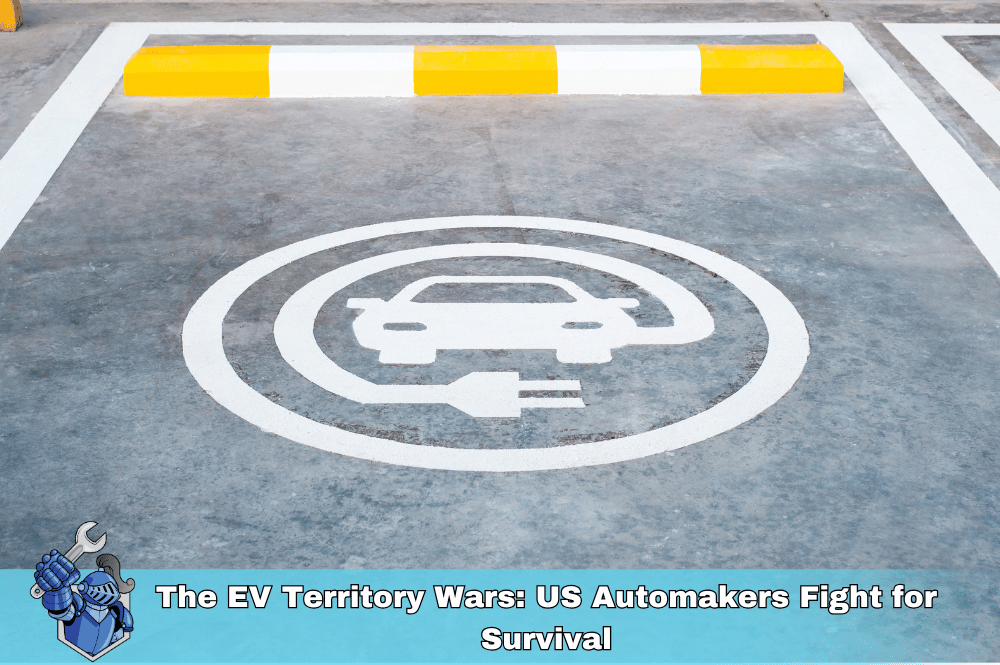Pay attention to unusual noises, smells, or performance issues. If something seems off, it's best to get your car checked by a professional.
Car repairs are an inevitable part of vehicle ownership, and when something goes wrong, the first question many drivers ask themselves is: "Where should I take my car for repairs?" The debate between using a dealer vs. local mechanic often boils down to cost, trust, convenience, and expertise. Knowing the pros and cons of each can help you make an informed decision about what’s best for your vehicle and your budget.
Understanding the Differences
Before diving into the pros and cons, let’s break down what distinguishes a dealer from a local mechanic:
- Dealership Service: Dealerships are authorized by vehicle manufacturers to sell and service their cars. They have specialized training on specific brands, making them familiar with all the latest models and technology.
- Independent Mechanics: Also known as local mechanics, these are smaller, privately-owned shops that service a variety of vehicle makes and models. They are often more flexible in their pricing and services.
Now, let's explore the major factors you should consider when choosing between the two.
Pros and Cons of Dealership Service
Pros:
- Brand Expertise and Specialized Equipment: Dealerships employ mechanics who are factory-trained on specific vehicle brands. They have access to brand-specific diagnostic tools, software updates, and parts that an independent mechanic might not have.
- Warranty Coverage: If your vehicle is still under the manufacturer's warranty, having repairs done at the dealership can ensure that you're covered. Additionally, if you have a Noble Quote Warranty or Noble Quote Auto Protection, dealers often work more seamlessly with these programs to handle warranty claims.
- OEM Parts: Dealerships use original equipment manufacturer (OEM) parts, which are made specifically for your vehicle model. This can be essential if you're concerned about maintaining the integrity of your car.
- Service Records: When you go to a dealership, they keep a detailed history of all your car’s services, which can increase the resale value of your vehicle. Future buyers may prefer a car with dealership-backed service records.
Cons:
- Higher Costs: Dealerships are almost always more expensive than independent auto repair shops. Labor rates tend to be higher, and OEM parts also come with a premium price tag.
- Slower Turnaround: Dealerships typically handle a high volume of cars, which means you might have to wait longer for an appointment or for the repairs to be completed.
- Less Personal Service: Dealerships can sometimes feel impersonal because of the larger size and high volume of customers. You may not get to know your mechanic on a personal level, which can impact trust.
Key Takeaway: Dealership service might be your best bet if your car is still under warranty, you want the most brand-specific expertise, or you require OEM parts. However, be prepared for higher costs and potentially slower service.
Pros and Cons of Using a Local Mechanic
Pros:
- Lower Costs: One of the biggest benefits of a local mechanic is the lower price. Independent mechanics tend to charge less for labor, and they can often source quality aftermarket parts that are less expensive than OEM.
- Personalized Service: At a local mechanic shop, you're more likely to develop a personal relationship with your mechanic. This can lead to more personalized advice and a higher level of trust when it comes to recommendations for repairs or maintenance.
- Flexibility: Independent mechanics are typically more flexible with scheduling and can often get you in and out faster than a dealership. If you're dealing with a busy schedule or need quick turnaround, a local shop might be your best option.
- Variety of Services: While dealerships tend to focus on repairs for their specific brands, independent mechanics can service a wide range of vehicle makes and models. If you own multiple vehicles or one that is out of warranty, a local mechanic might be more convenient.
Cons:
- Lack of Specialized Knowledge: While many local mechanics are highly skilled, they may not have the brand-specific training or access to specialized tools that a dealer would. This can be important for newer models or vehicles with complex electronics.
- Aftermarket Parts: Although aftermarket parts are cheaper, they may not always be the best fit for your vehicle. Some drivers prefer to stick with OEM parts to ensure the highest quality and longevity.
- Warranty Issues: If your car is under a manufacturer's warranty, repairs done by an independent mechanic may void the warranty. Be sure to check with both your dealer and warranty provider before taking your car to a local shop.
Key Takeaway: Local mechanics can save you a significant amount of money and time. They are a great option for routine maintenance, vehicles out of warranty, and anyone who values personal service. However, be mindful of the potential trade-offs when it comes to specialized repairs or warranty coverage.
Car Repairs: When to Choose Dealer vs. Mechanic
While both dealerships and local mechanics offer valuable services, there are situations where one may be a better choice than the other.
- When to Take Your Car to the Dealer: If your car is still under warranty or you need specialized repairs that involve brand-specific parts or software updates, a dealership is the better choice. Additionally, if your vehicle is newer or has complex technology (like electric vehicles), a dealer’s expertise can save you from further issues.
- When to Choose a Local Mechanic: If you’re dealing with a routine repair, out-of-warranty vehicle, or are simply looking to save money, an independent mechanic is often your best option. Their personalized service and flexibility can make the experience smoother and less expensive overall.
How to Find a Good Mechanic
If you decide to go with an independent mechanic, here are some tips to ensure you’re choosing a reputable shop:
- Check Reviews: Online reviews can provide valuable insight into the reputation of a local mechanic. Look for consistent feedback regarding their honesty, pricing, and quality of work.
- Ask for Recommendations: Word of mouth is still one of the best ways to find a reliable mechanic. Ask friends, family, or colleagues for their recommendations.
- Look for Certifications: Mechanics who are ASE-certified have been trained and tested to meet industry standards. This is a good indicator that the mechanic is experienced and knowledgeable.
- Get Multiple Quotes: For larger repairs, it’s a good idea to get estimates from both a dealer and local mechanics. This will give you a clearer picture of what the repair should cost.
Car Repair Costs: Dealer vs. Mechanic
When it comes to costs, there’s a clear distinction between dealerships and local mechanics. Dealerships tend to charge more for both parts and labor, largely due to their overhead costs and brand-specific expertise. According to a report from Angie’s List, dealerships can charge up to 20% more for the same repairs compared to independent mechanics.
On the other hand, Consumer Reports notes that independent mechanics often offer lower prices and comparable service quality for routine repairs. However, for high-tech issues or brand-specific problems, the dealership might provide more accurate diagnostics and service.
Conclusion: Balancing Cost, Convenience, and Expertise
Ultimately, the choice between a dealership and a local mechanic depends on your specific needs, budget, and vehicle. Dealerships excel in specialized repairs and brand expertise, making them ideal for newer cars still under warranty. Local mechanics, meanwhile, are unbeatable for routine repairs, personal service, and lower costs.
When deciding where to take your car, always consider your car's needs, your warranty coverage (whether through a manufacturer or a Noble Quote Warranty), and your long-term vehicle care goals. Remember, regular car maintenance is key to extending the life of your vehicle and avoiding costly breakdowns.
Need extra protection for your car? At Noble Quote, we offer comprehensive coverage options to keep your car in top shape and give you peace of mind. Explore our coverage plans and ensure that your vehicle is always protected, no matter where you choose to get your repairs.
Check out our Learning Center for more tips on car maintenance, warranties, and repairs!
Your Car Repair Questions, Answered
How do I know if my car needs repairs?
Should I take my car to the dealer or a local mechanic?
Both have pros and cons. Dealers specialize in your car's make and model, but local mechanics may offer lower prices and personalized service.
How much do car repairs typically cost?
Costs vary greatly depending on the repair needed, your car's make and model, and your location. It's always wise to get multiple quotes before authorizing any work.
How can I find a reliable mechanic?
Ask friends and family for recommendations, read online reviews, and check for certifications like ASE (Automotive Service Excellence).
What are some common car repair scams to watch out for?
Be wary of mechanics recommending unnecessary repairs, using scare tactics, or pressuring you into making a quick decision. Always get a second opinion if you're unsure.
How often should I get my car serviced?
Follow your car's recommended maintenance schedule, typically found in your owner's manual. Regular maintenance can prevent costly repairs down the road.
Can I do some car repairs myself?
Some basic repairs, like changing air filters or wiper blades, can be done at home. However, more complex repairs should be left to professionals.
What should I do if my car breaks down on the road?
Stay calm, move your car to a safe location if possible, turn on hazard lights, and call for roadside assistance.
Is it worth repairing an older car?
Consider the cost of repairs versus the value of the car. Sometimes, it may be more cost-effective to invest in a newer vehicle.
How can I extend the life of my car?
Follow the recommended maintenance schedule, drive responsibly, and address any issues promptly.
Suggestions for you
Read MoreLet’s work together
Every week we showcase three charitable organizations that our donations are sent to. Our clients are able to choose which of these three will receive their gift when they add coverage to their vehicle...

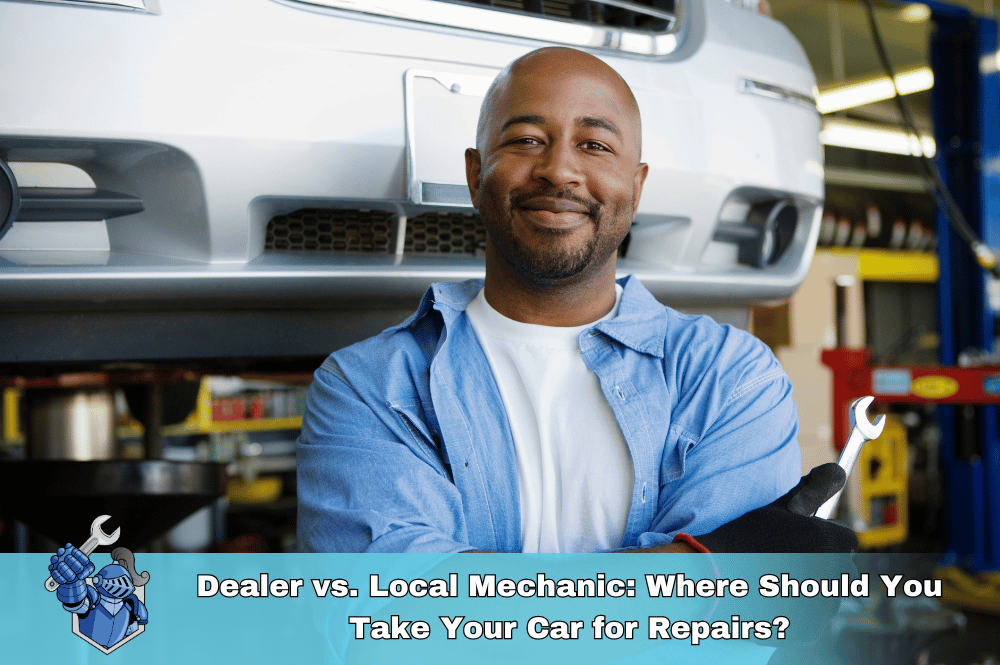
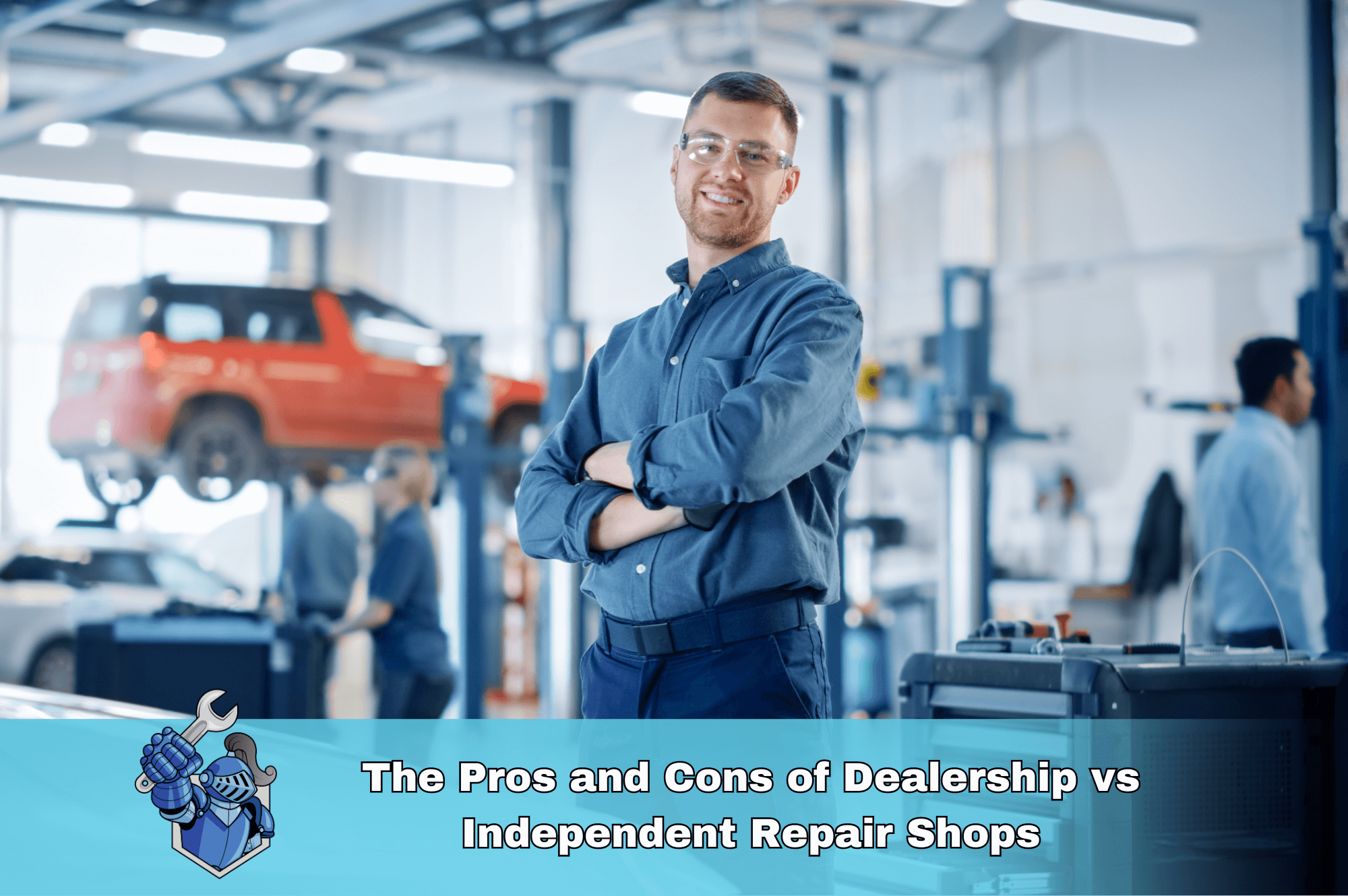 The Pros and Cons of Dealership vs Independent Repair Shops
The Pros and Cons of Dealership vs Independent Repair Shops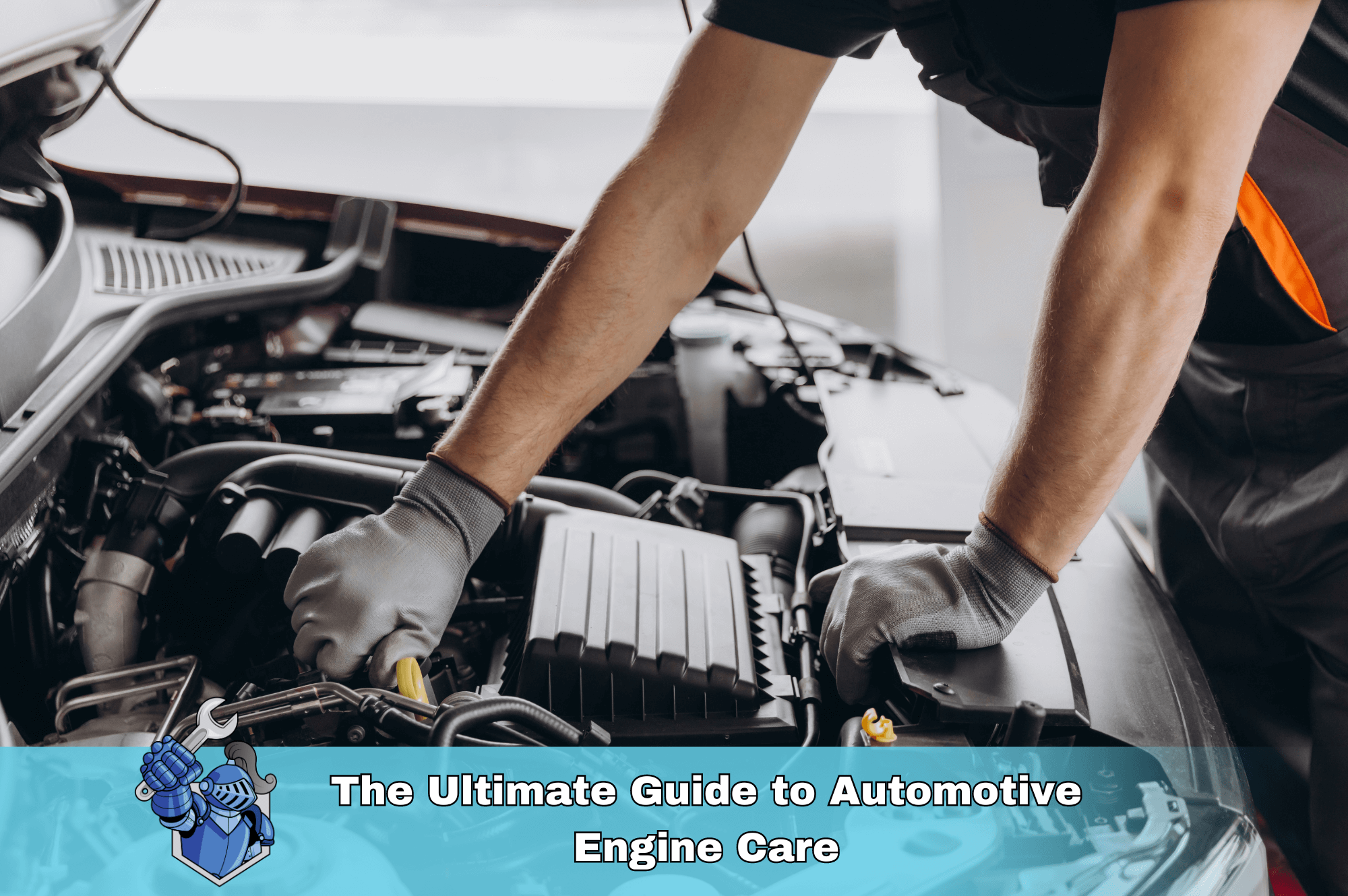 The Ultimate Guide to Automotive Engine Care
The Ultimate Guide to Automotive Engine Care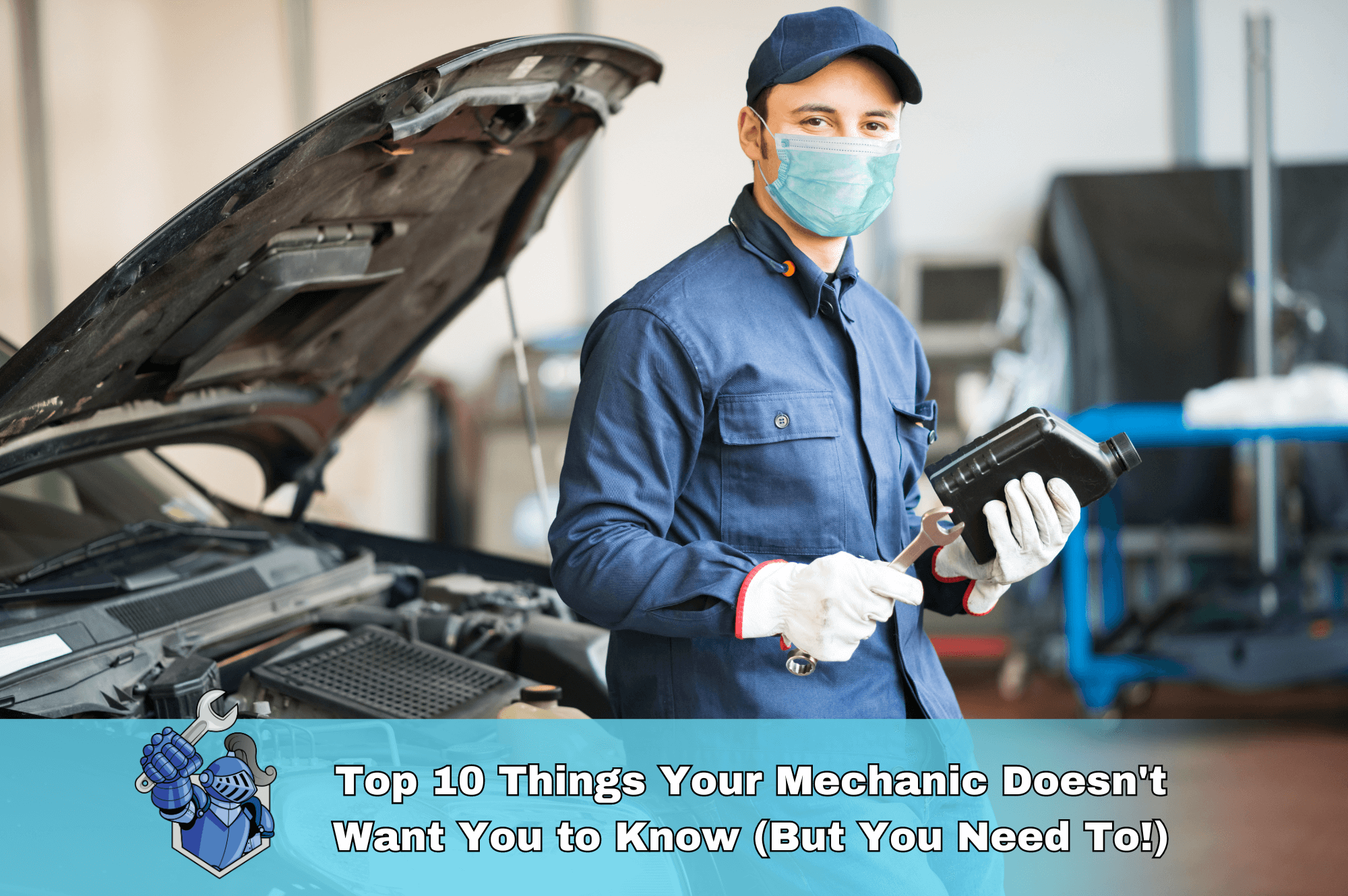 Top 10 Things Your Mechanic Doesn't Want You to Know (But You Need To!)
Top 10 Things Your Mechanic Doesn't Want You to Know (But You Need To!)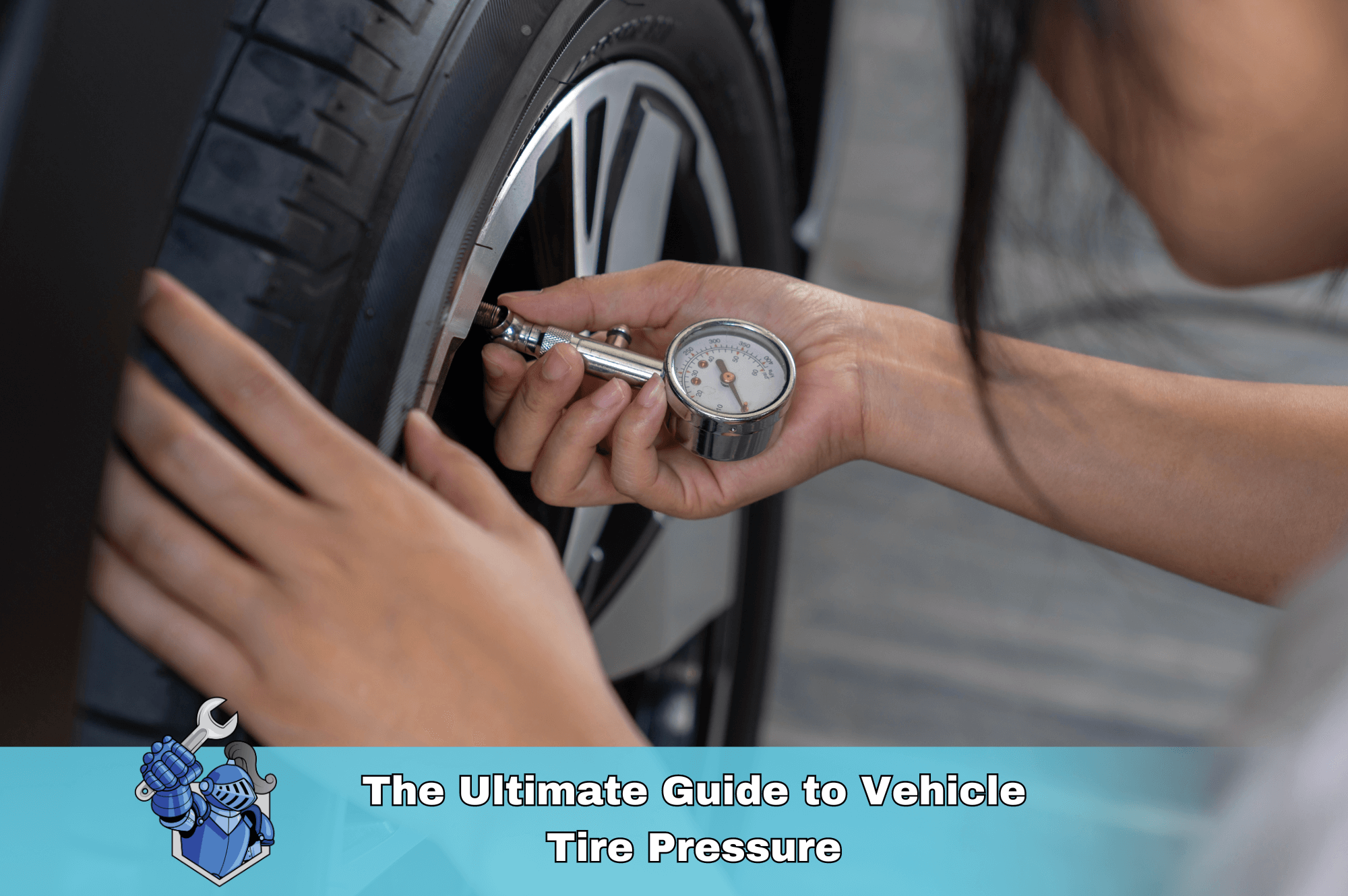 The Ultimate Guide to Vehicle Tire Pressure
The Ultimate Guide to Vehicle Tire Pressure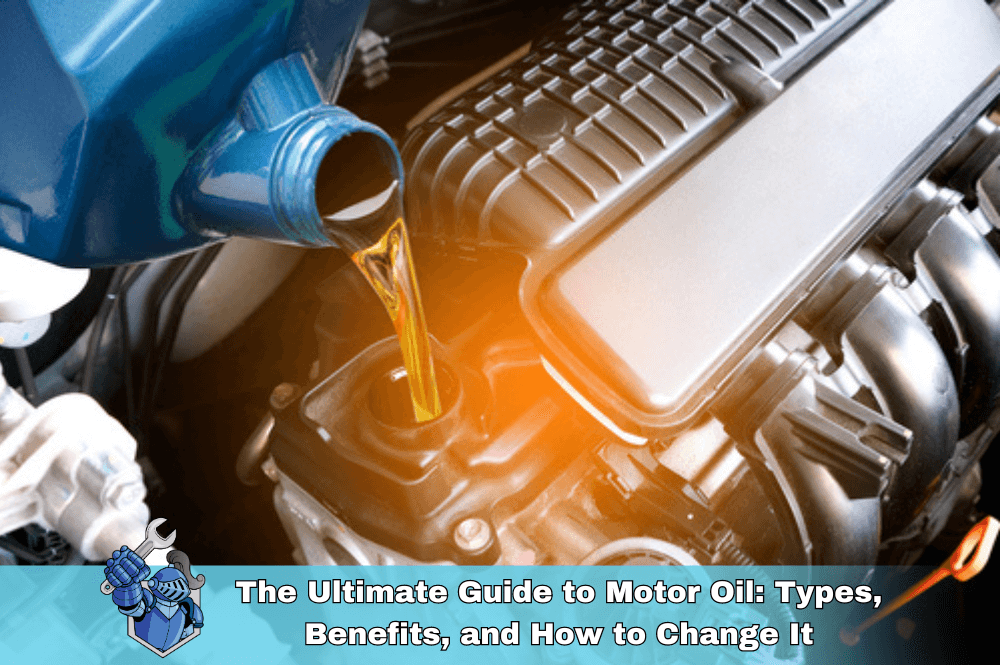 The Ultimate Guide to Motor Oil: Types, Benefits, and How to Change It
The Ultimate Guide to Motor Oil: Types, Benefits, and How to Change It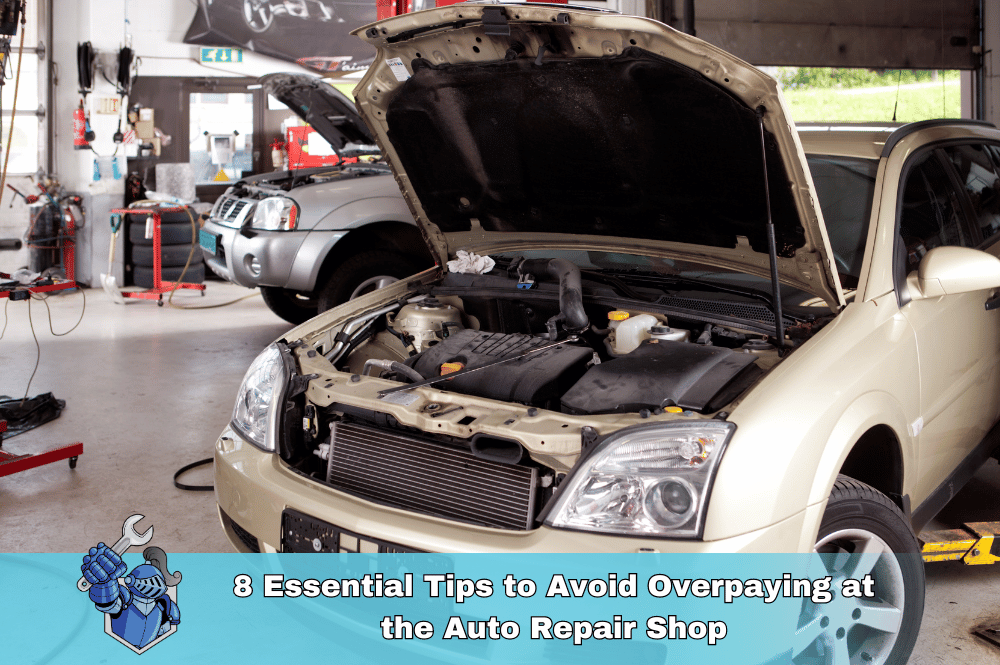 8 Essential Tips to Avoid Overpaying at the Auto Repair Shop
8 Essential Tips to Avoid Overpaying at the Auto Repair Shop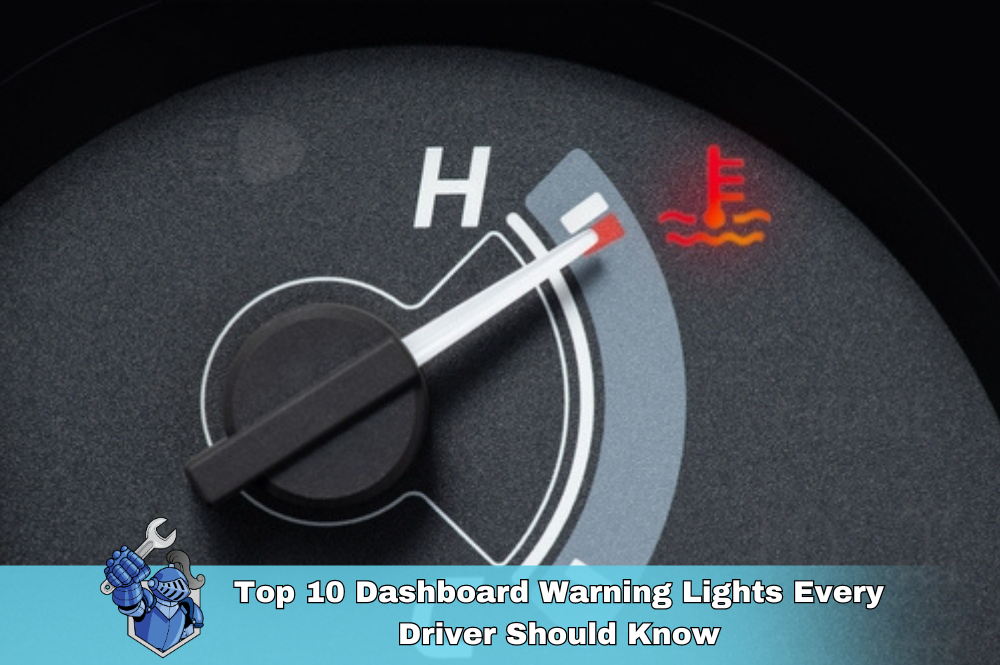 Top 10 Dashboard Warning Lights Every Driver Should Know
Top 10 Dashboard Warning Lights Every Driver Should Know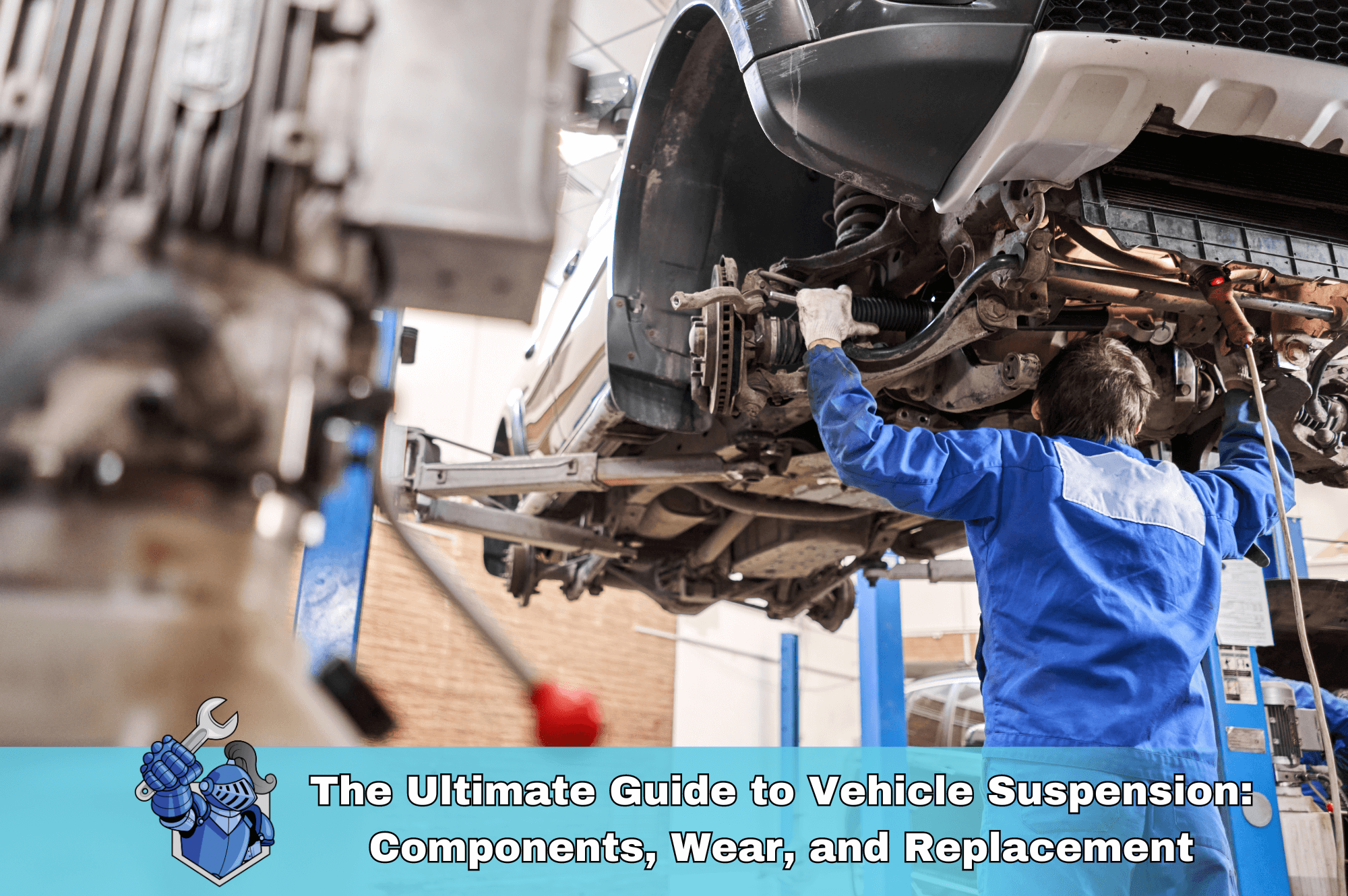 The Ultimate Guide to Vehicle Suspension: Components, Wear, and Replacement
The Ultimate Guide to Vehicle Suspension: Components, Wear, and Replacement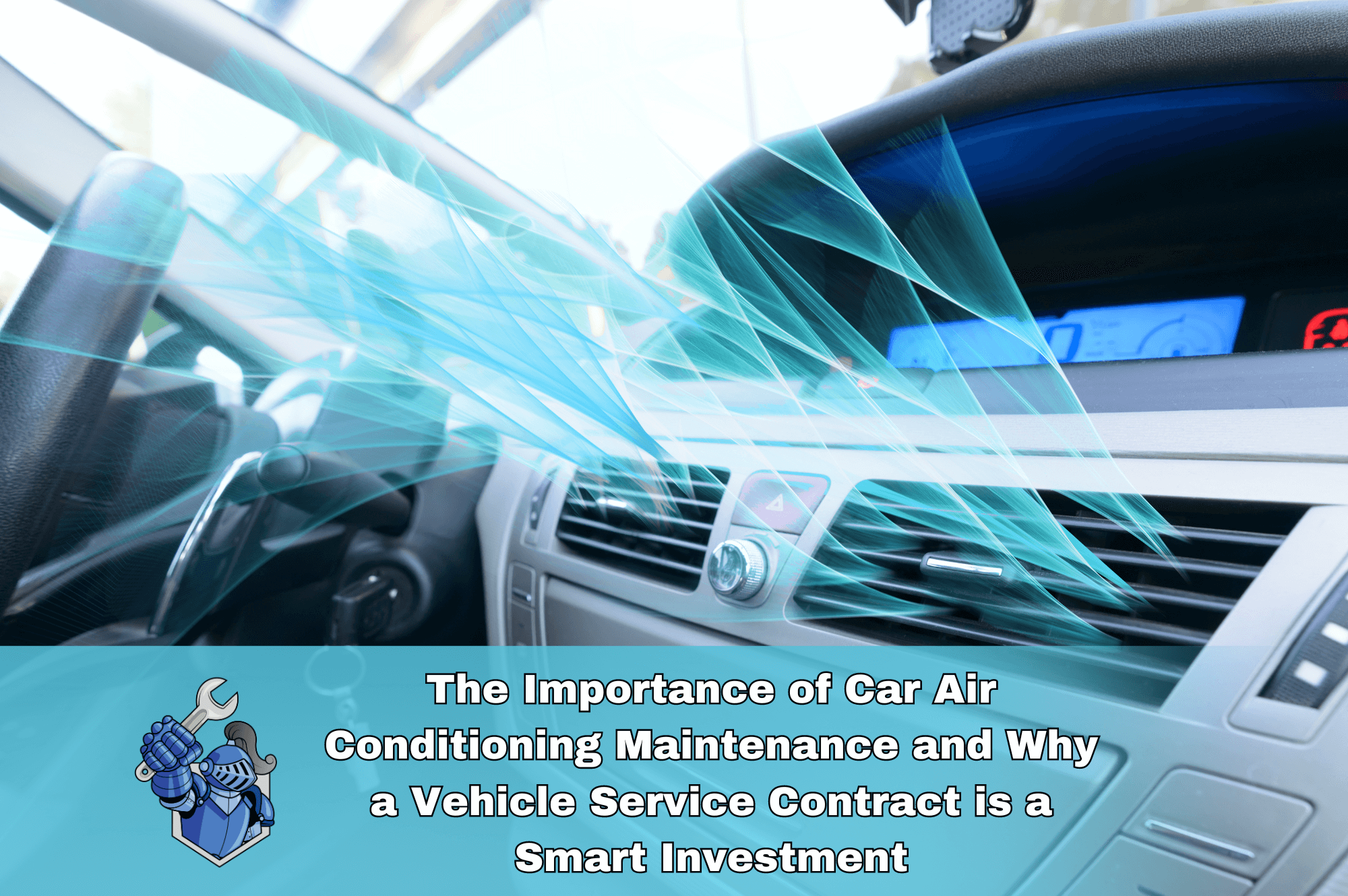 The Importance of Car Air Conditioning Maintenance and Why a Vehicle Service Contract is a Smart Investment
The Importance of Car Air Conditioning Maintenance and Why a Vehicle Service Contract is a Smart Investment Stranded on the Sidelines: Your Essential Guide to Roadside Breakdowns & Staying Safe
Stranded on the Sidelines: Your Essential Guide to Roadside Breakdowns & Staying Safe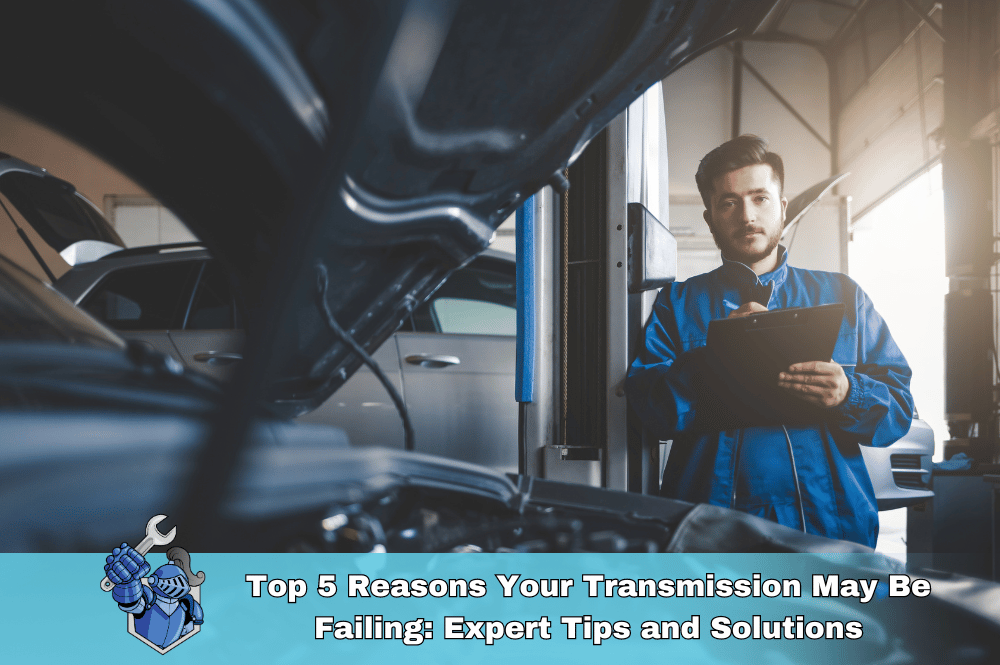 The Essential Guide to Car Maintenance: How to Keep Your Vehicle Running Smoothly
The Essential Guide to Car Maintenance: How to Keep Your Vehicle Running Smoothly

